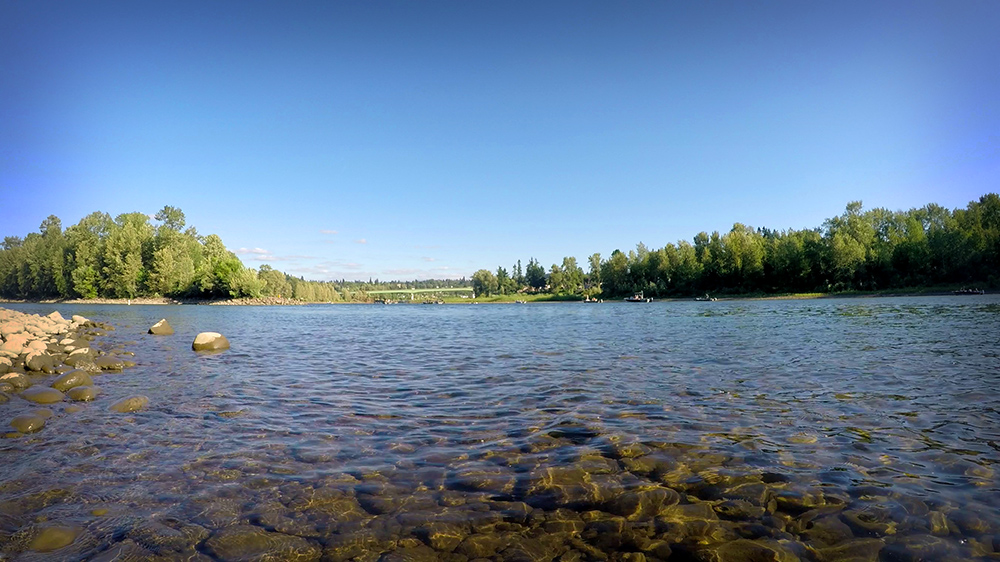
Help protect one of our most precious natural resources in observance of A Day Without Water on Oct. 17.
No matter our culture or background, everyone needs water to survive. Today, 88 percent of Americans across political parties rank access to safe and clean water as a top three voter issue (2024 Value of Water Index). Water has historically been a nonpartisan issue and remains that way. While we acknowledge progress, more than two million Americans do not have reliable access to drinking water or wastewater services.
Imagine a Day Without Water is a National Day of Action designed to remind us about our most essential resource. Efforts of water advocates and sector leaders have driven major progress, including:
- $55 billion of federal investment in water through the Bipartisan Infrastructure Act,
- The first national program to remove lead from drinking water lines and
- Creation of coordinated centers across the country to help connect communities in need with available funding for water projects.
Contaminants
Contaminants are, and always have been, a major roadblock to safe and clean water access. The Safe Drinking Water Act defines the term "contaminant" as meaning any physical, chemical, biological, or radiological substance or matter in water. Therefore, the law broadly defines "contaminant" as being anything other than water molecules. Drinking water may reasonably be expected to contain at least small amounts of some contaminants. Some drinking water contaminants may be harmful if consumed at certain levels in drinking water. Two contaminants in the news lately are PFAS and microplastics, which you may be interested in learning more about.
Ways you can help
Positive change happens when we all work together to do our part, and everyone has a stake in the future of our nation's water. Here are three ways you can help build a movement in support of water:
Prevent Damage to Our Wastewater System
Wastewater treatment is essential to cleaning our water so it's safe for everyone to use and enjoy. You can take an active role in preventing damage to our facilities and your plumbing by only flushing the three p's down the toilet – pee, poop, and toilet paper. Remember, wipes, paper towels, and other "unflushables" can create sewer backups and overflows that can lead to groundwater, stream, or river pollution. Your actions can make a significant difference.
Keep waterways pristine by properly disposing of litter
If it's on the ground, it's in our water! When trash — plastic bags, bottles, cigarette butts, etc. — is thrown on the ground, it gets washed into storm drains and directly into our waterways, harming aquatic life like ducks, fish, turtles, and birds. Our entire ecosystem relies on clean water; properly disposing of litter and recycling where appropriate is one of the easiest ways to protect our waterways.
Build your clean water community
Advocating for protecting our water starts at home, but it's also about coming together as a community. There are numerous volunteer and community activities that provide opportunities to make a difference. Mark your calendar for an upcoming virtual webinar or community cleanup event. Your participation is a crucial part of the collective effort to protect our water.
Clackamas Water Environment Services produces clean water, protects water quality and recovers renewable resources. We do this by providing wastewater services, stormwater management, and environmental education. It's our job to protect public health and support the vitality of our communities, natural environment and economy.
 Translate
Translate





